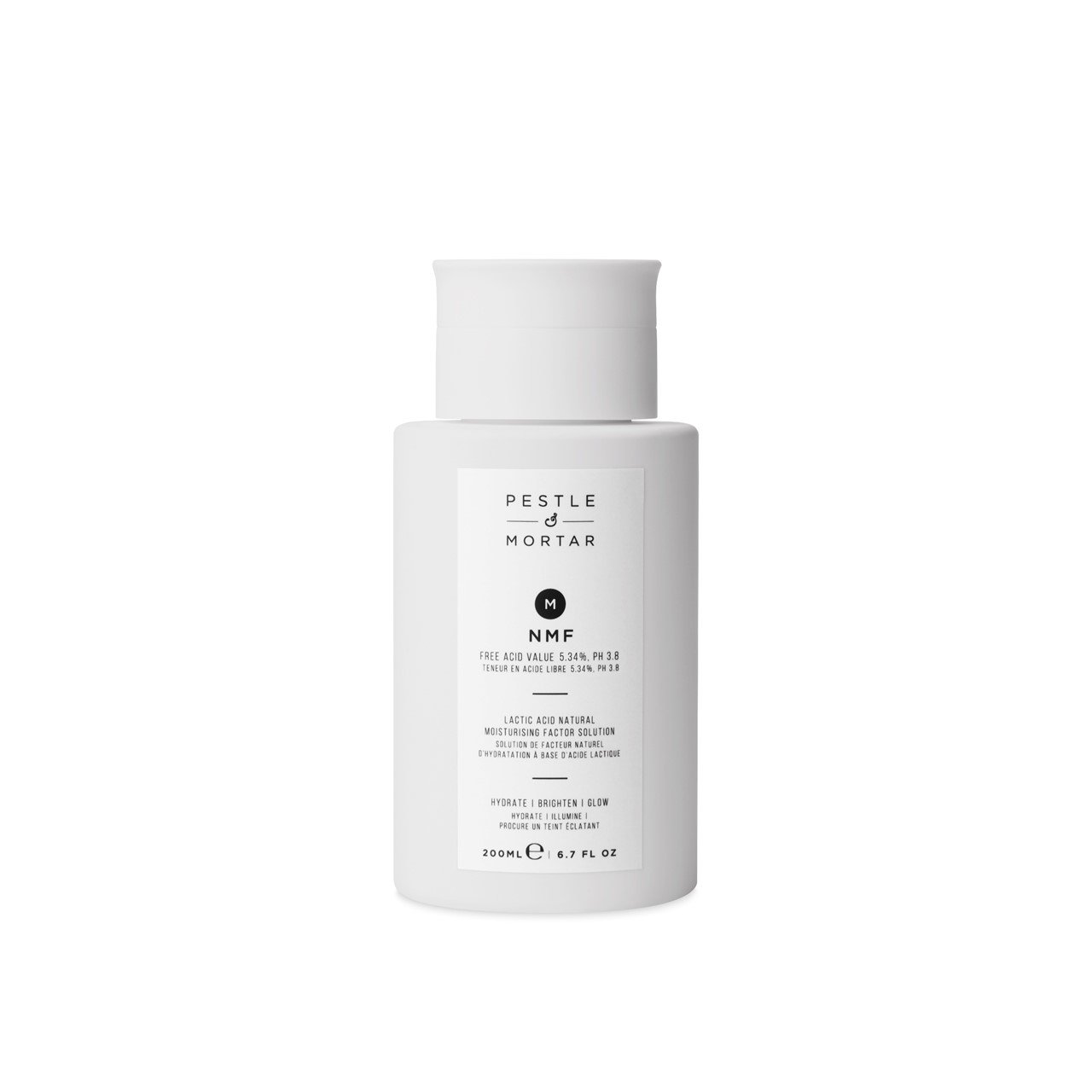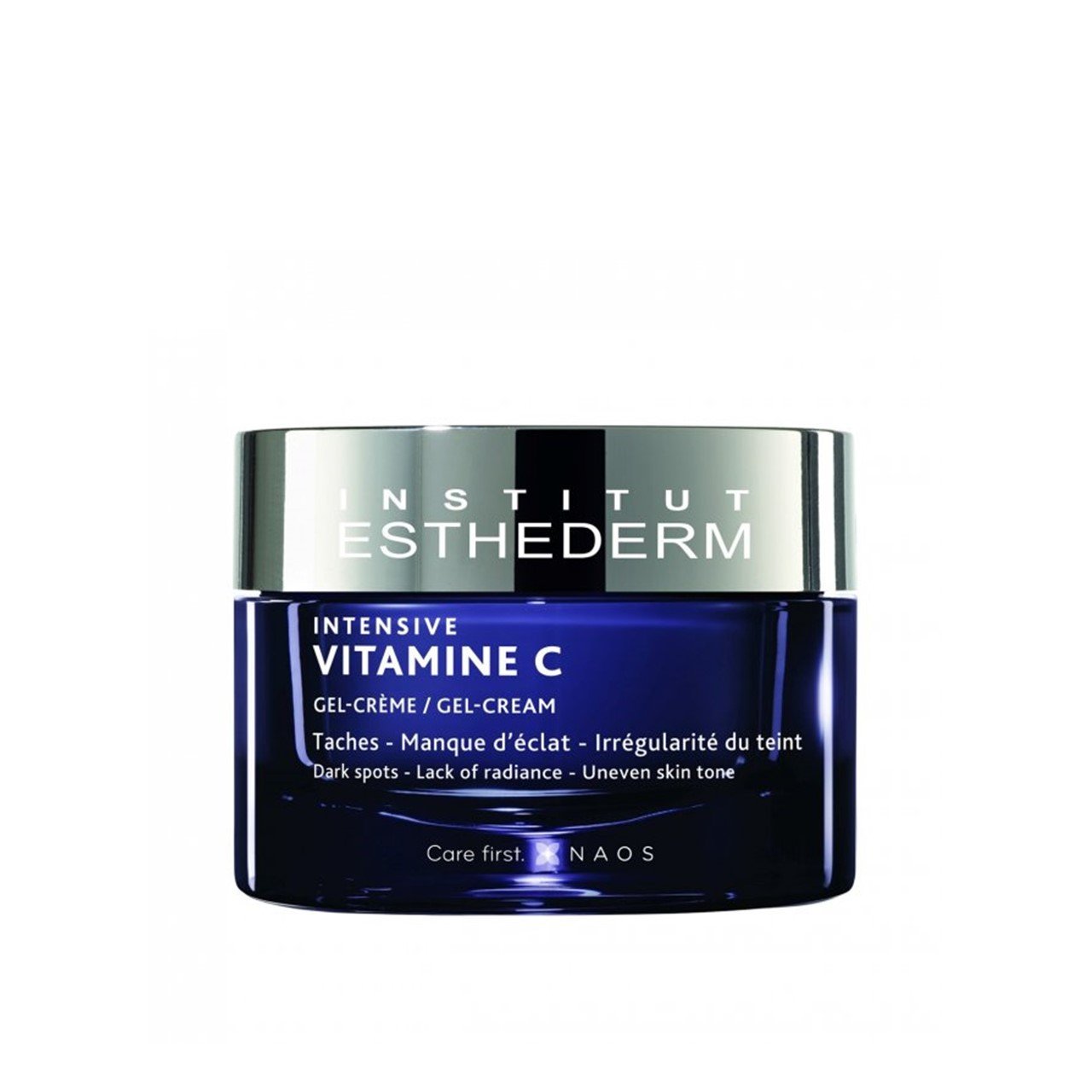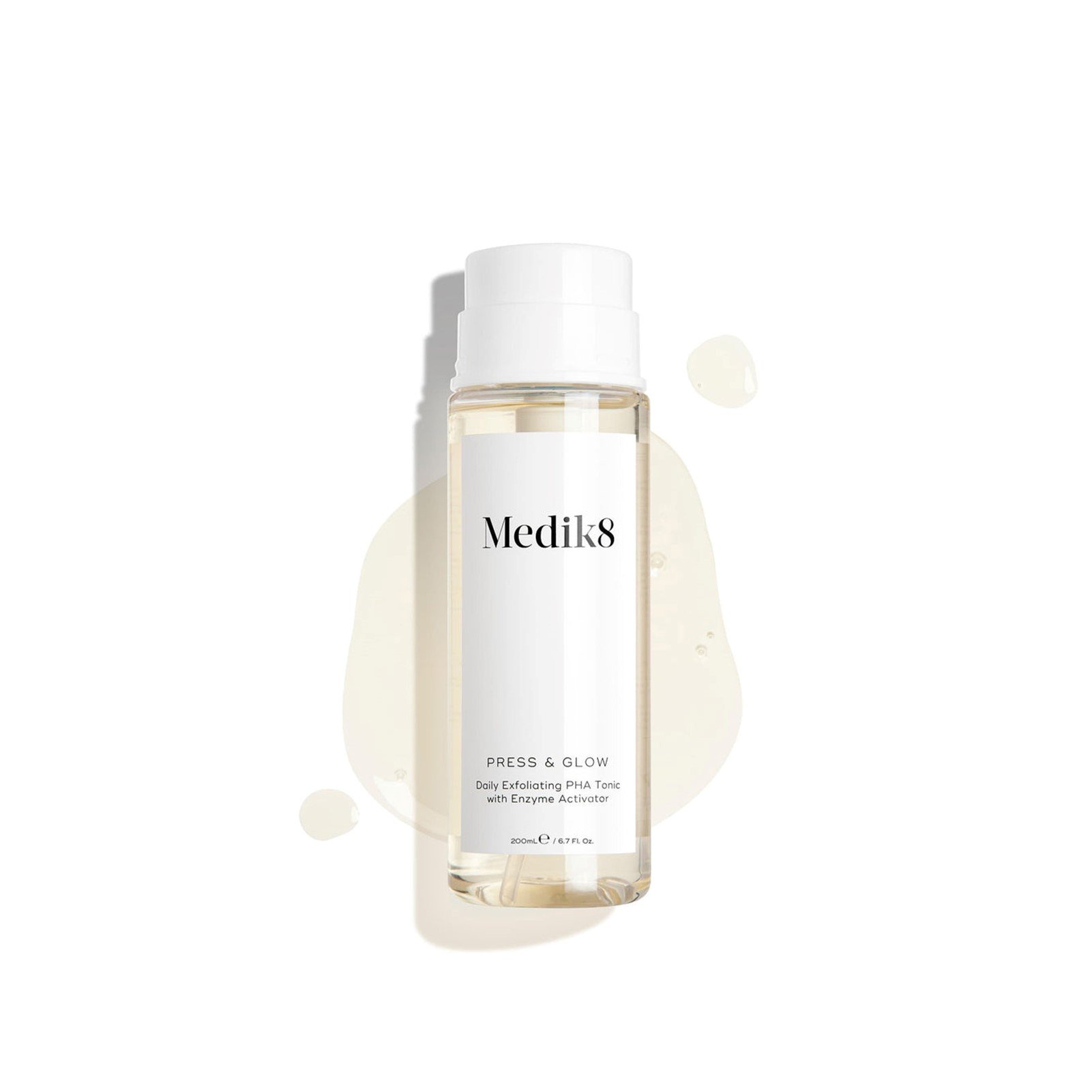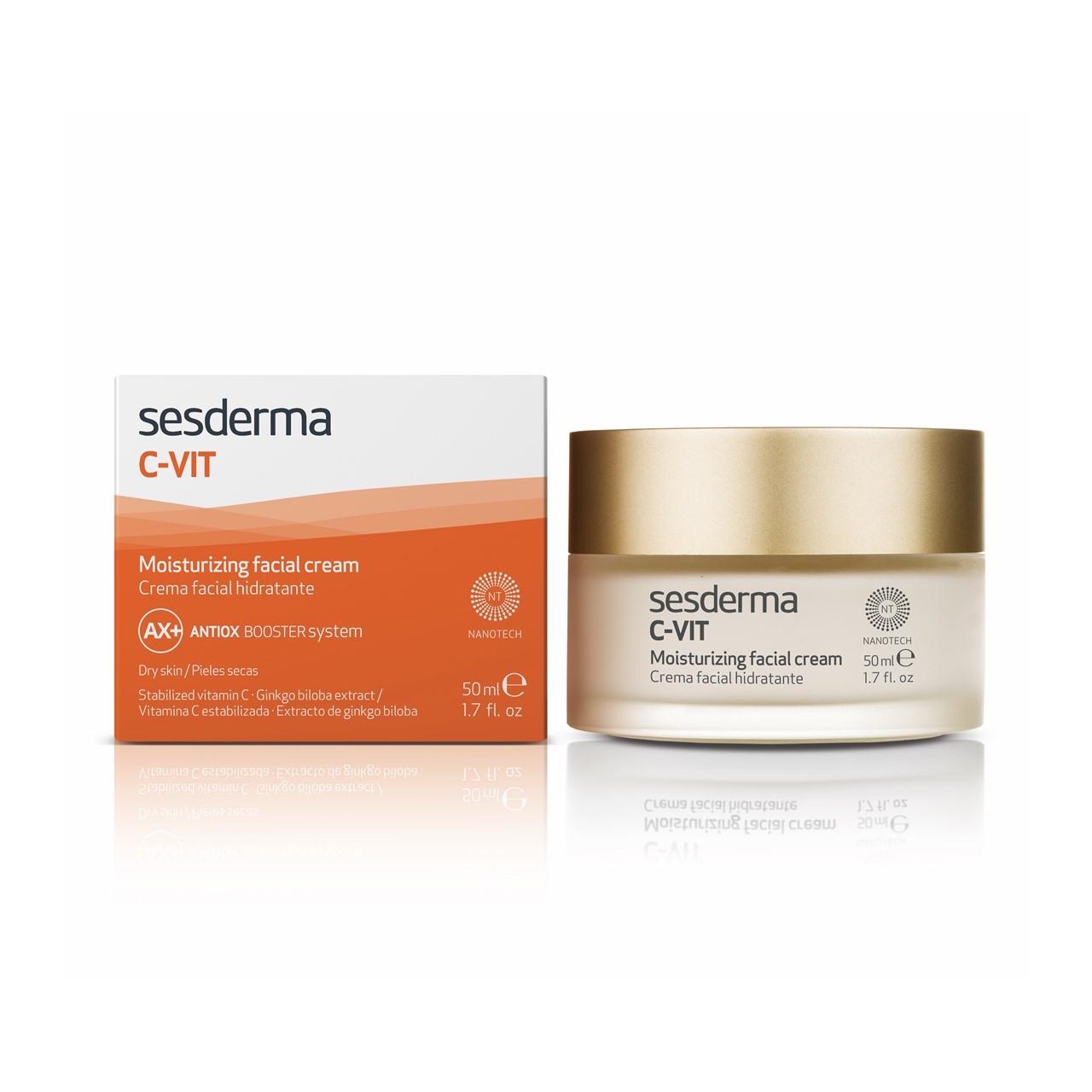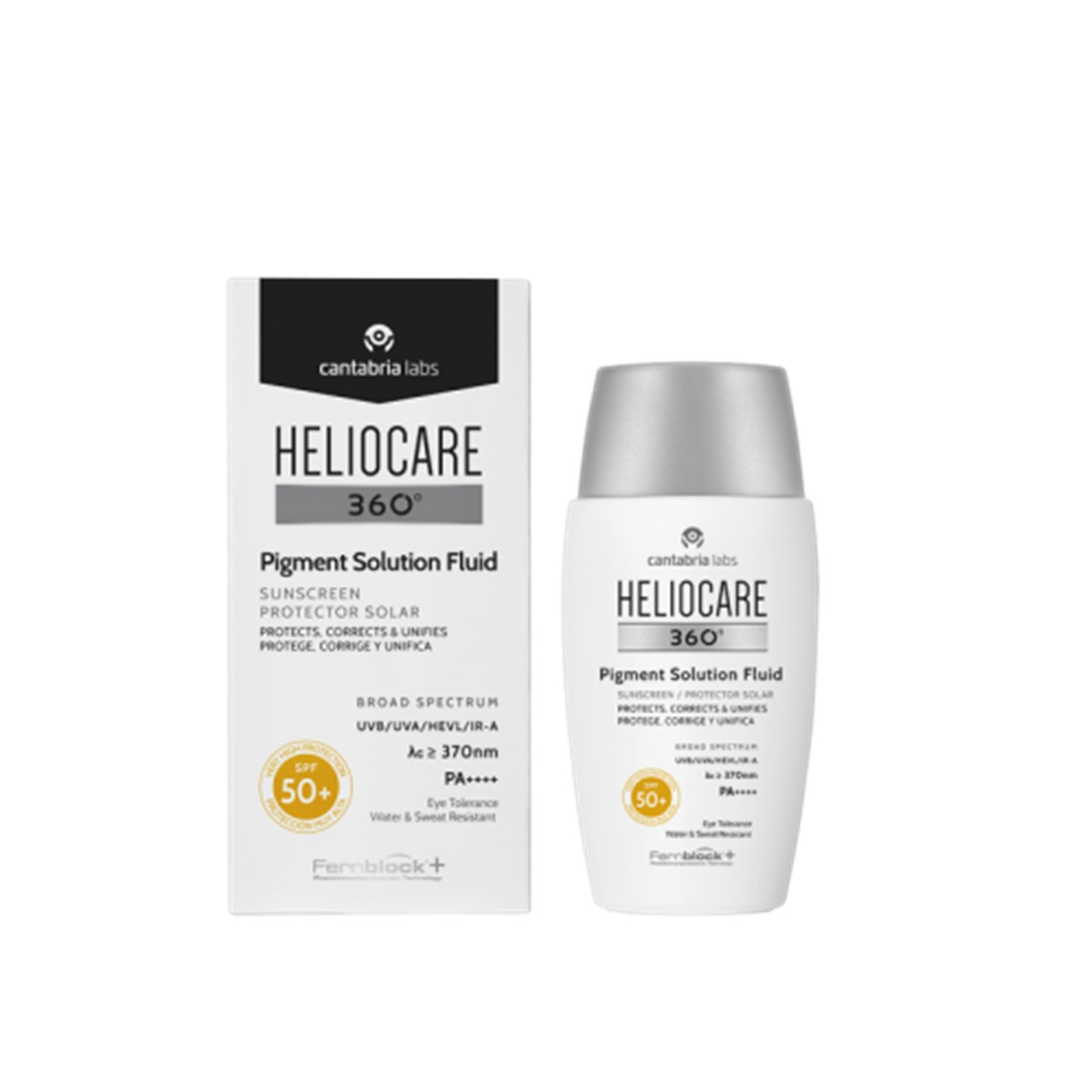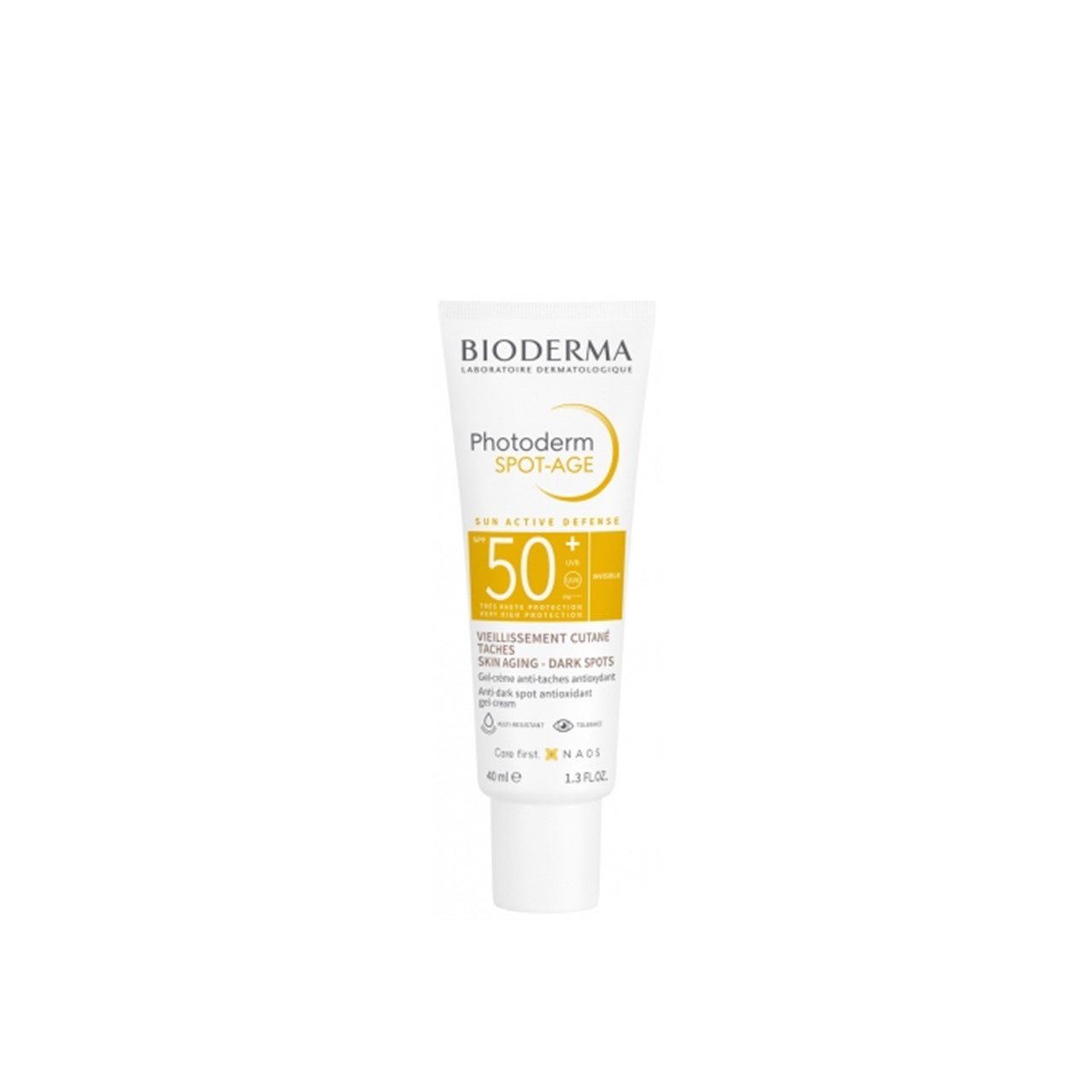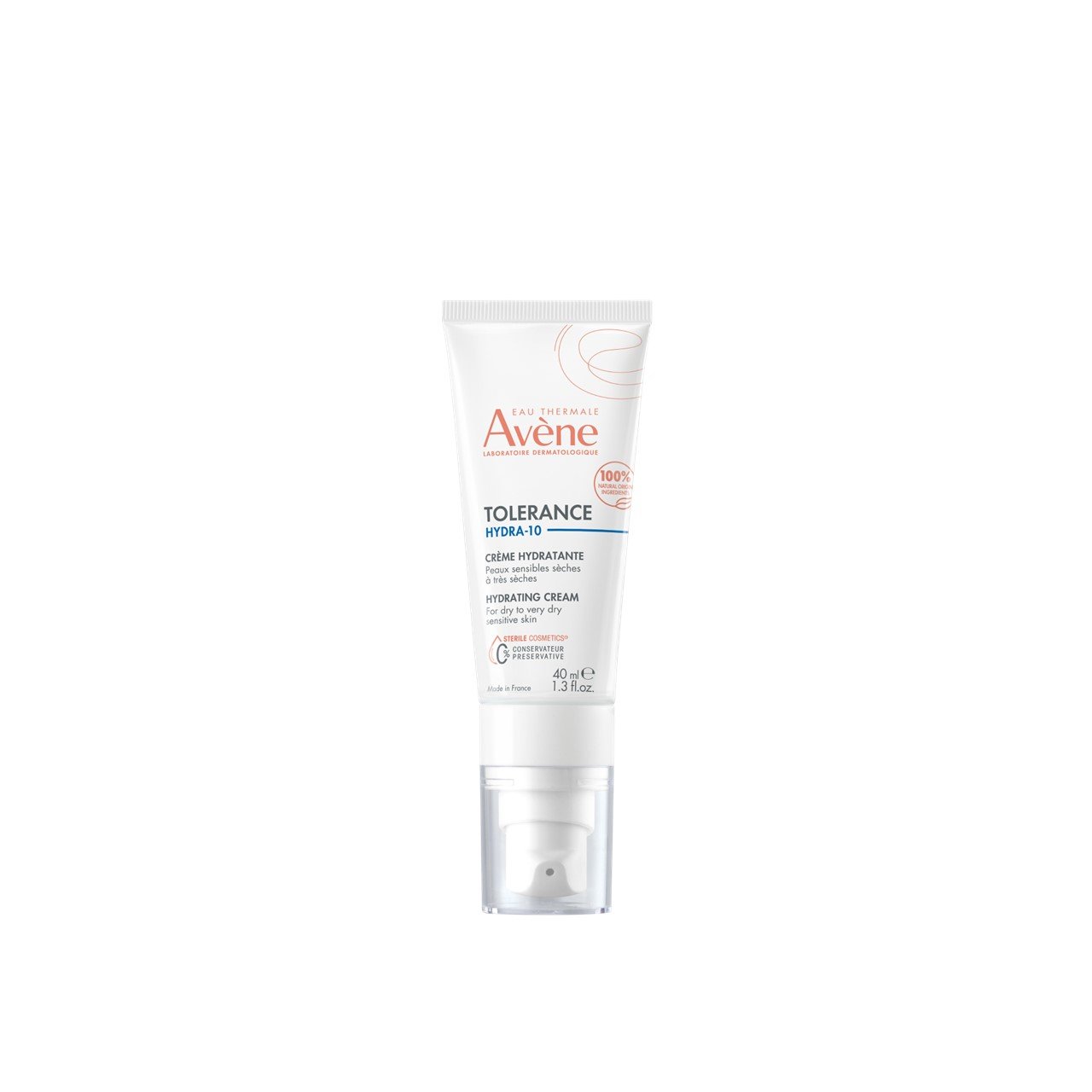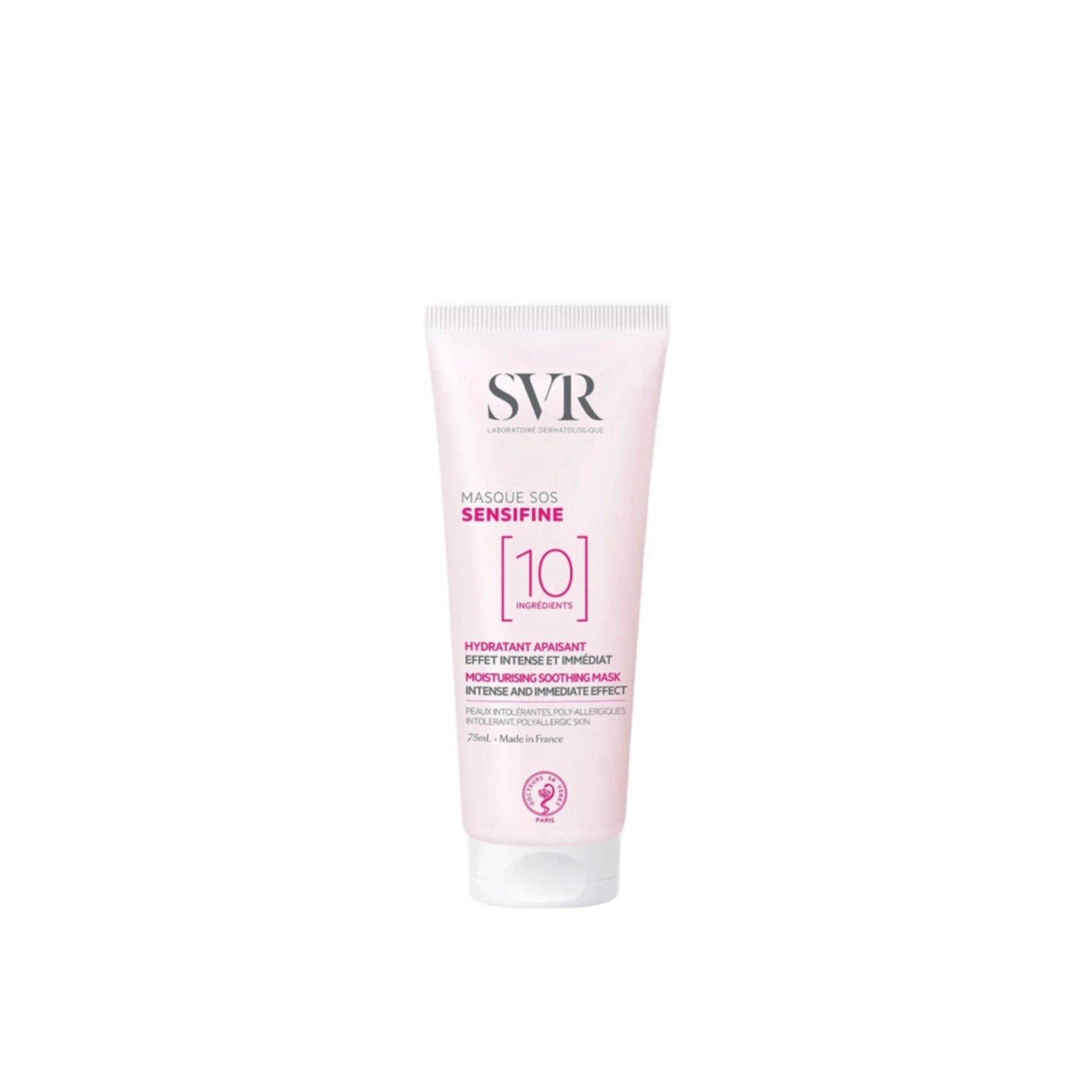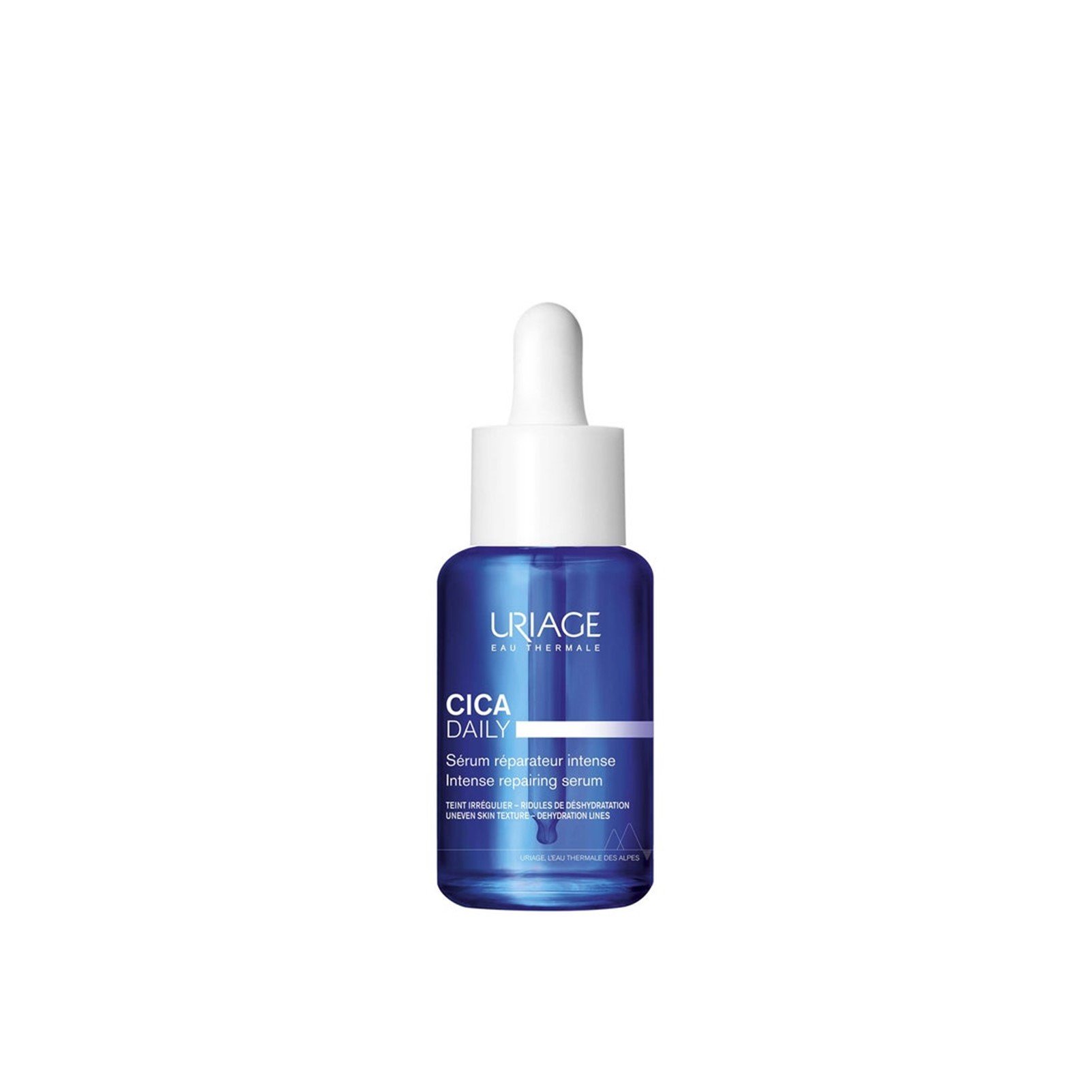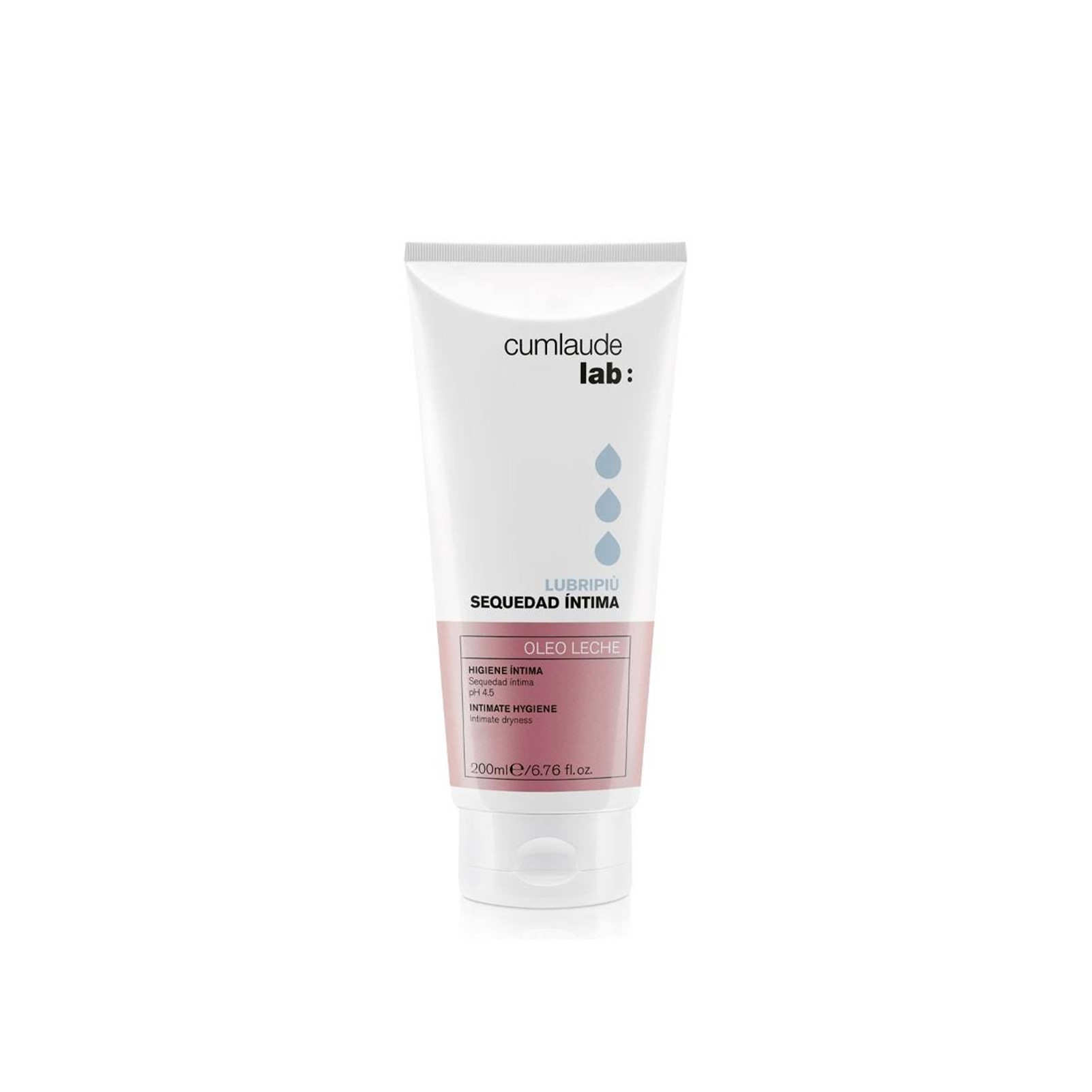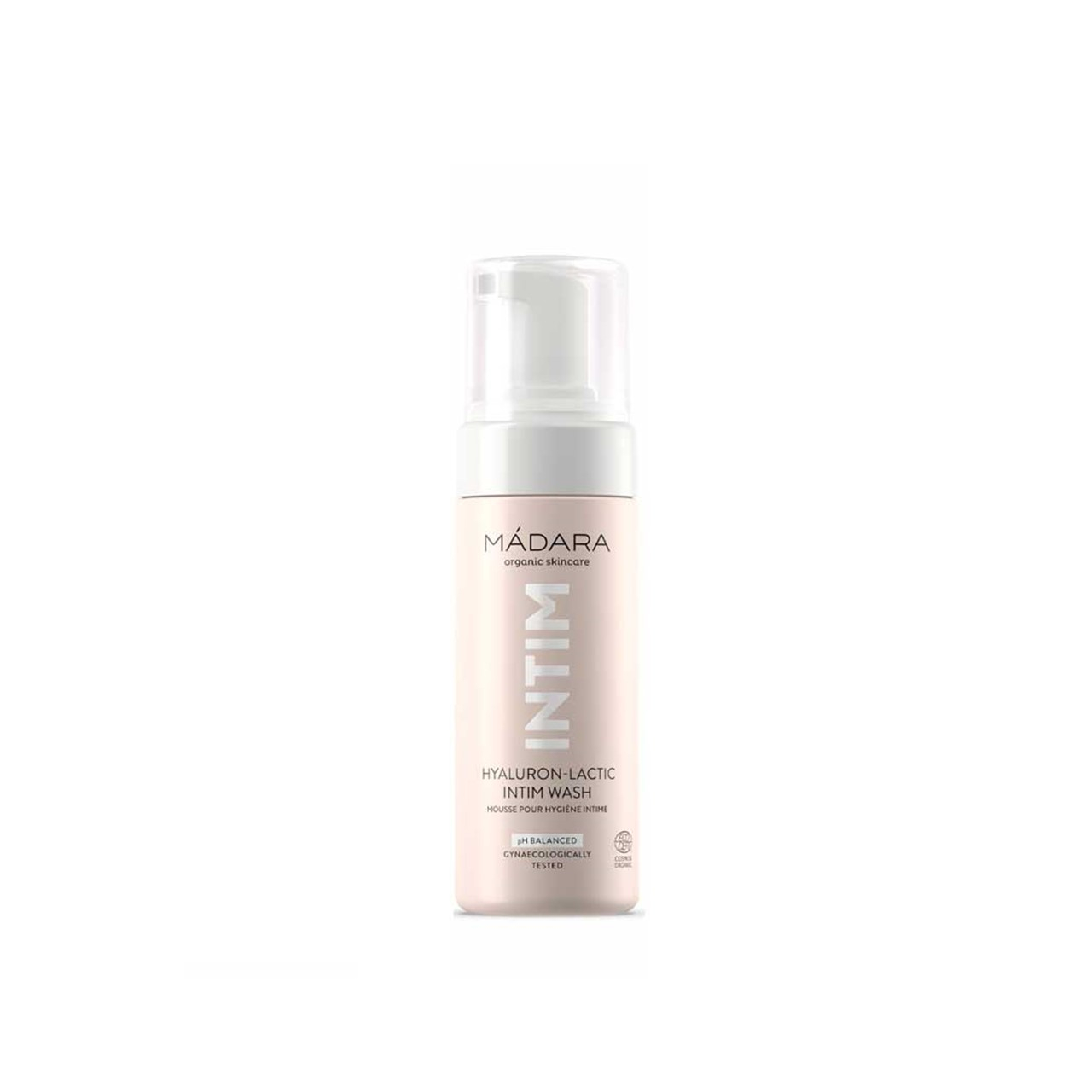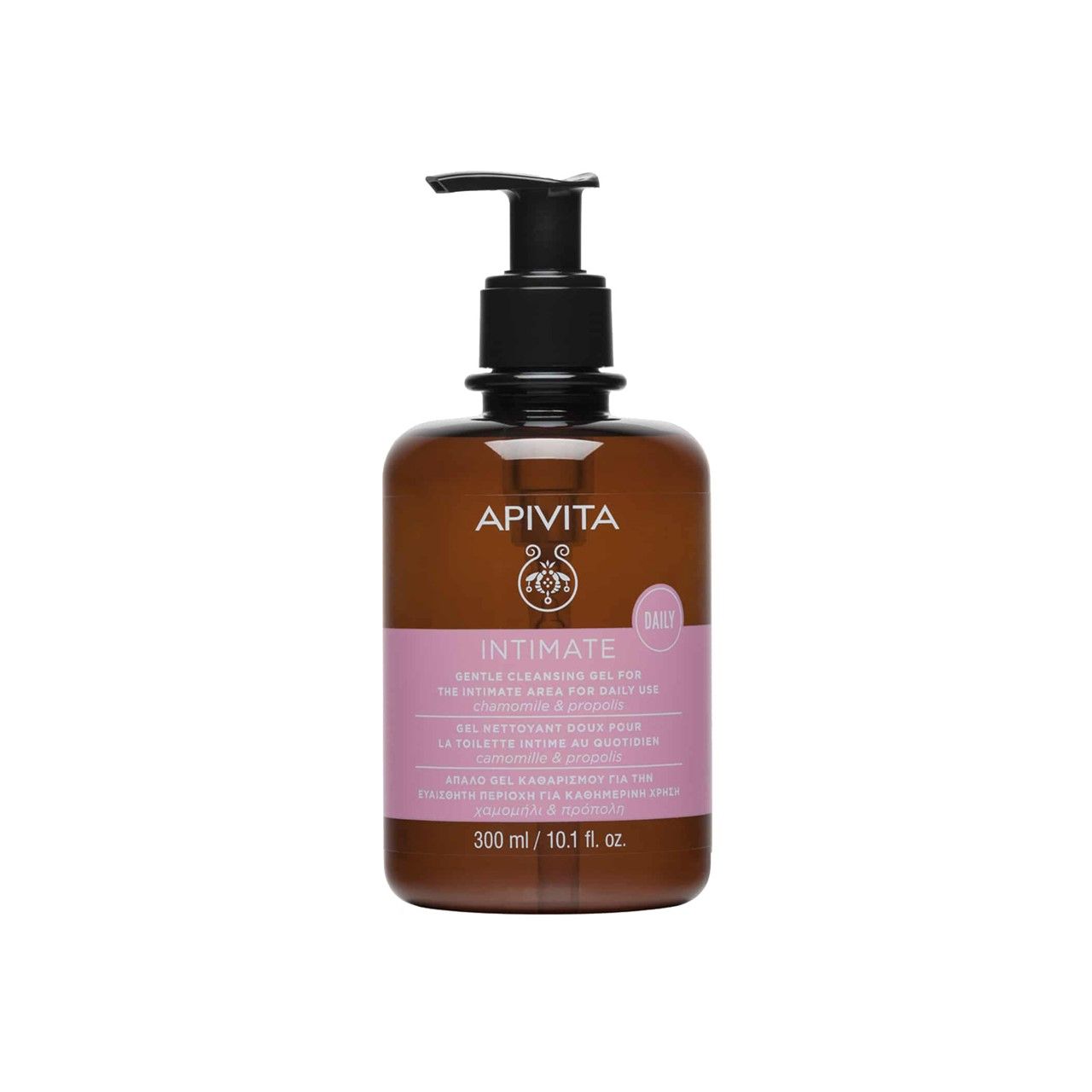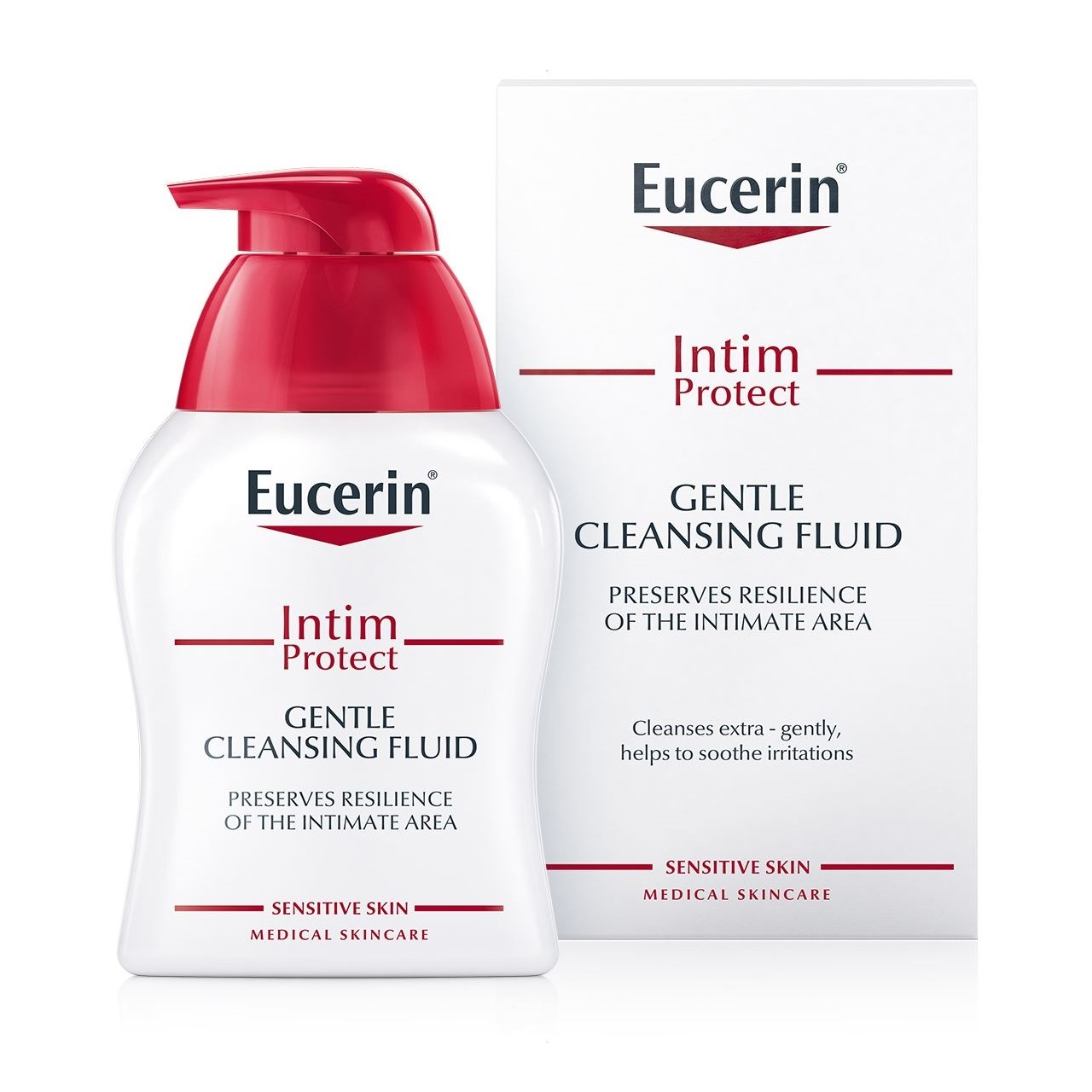
Regarding menopause skincare, we’ve gone from one extreme to the other. Previously, people who were enduring the hormonal changes that come with perimenopause and post-menopause were left behind. Today, there are even brands made specifically for those undergoing these changes. However, it’s not easy to understand what happens to your skin, nor which are the best skincare products for menopause. We’re here for you, ready to guide you through what is currently happening in your body and what you can do to counteract it should you choose to do so.
On this post:
- What happens to your skin during menopause?
- Menopause Skincare: How to target skin changes
- Dry skin
- Wrinkles
- Dull skin
- Hyperpigmentation & dark spots
- Overly sensitive skin
- Intimate discomfort
- Do you need to use products specifically made for menopausal skin?
- Makeup For Mature Skin: What You Need To Know
What happens to your skin during menopause?
First things first, let’s look into what happens inside your body and what changes you can expect. If we’re getting all sciencey here, let’s just clear up some facts: menopause is not an event per se. We can say a person is post-menopausal after they’ve been at least 12 months without having their period. However, the changes can start as early as 10 years before this happens. Additionally, most of these changes are related to hormones.
Here are some things that tend to happen during this transition phase:
- Lower estrogen levels lead to drier skin that is more fragile, a bigger tendency to develop wrinkles and loss of firmness;
- Lower DHEA levels make the skin more fragile and thus more prone to wrinkles, and also lead to drier skin that is more prone to loss of firmness;
- Higher cortisol levels increase the tendency for the skin to develop inflammation and wrinkles, as well as drier skin.
All in all, skin undergoing the menopause transition tends to be thinner, dull and dry, while also being more prone to develop wrinkles, dark spots, and lose firmness. However, given that the scalp is also skin, you can also expect some changes there. Your hair will tend to be thinner and sparse, and the scalp will have more tendency for flaking.
Common skin conditions during menopause
In addition to the skin changes associated with menopause, there are several skin conditions that can manifest differently, or more intensely, during this phase: acne and rosacea might grow harder to manage, just like dark spots and hyperpigmentation. Likewise, feelings of discomfort, tightness, and itchiness may become common.
Given that many of the skin changes you will experience during menopause have hormonal links, we advise you to check with your doctor if there are any ways to counterbalance these changes. If you also choose to tackle these issues with skincare, here are some suggestions: As we’ve mentioned, dryness is one of the most common symptoms of hormonal imbalance due to menopause. Therefore, using extremely nourishing products is key to feeling comfortable in your own skin. We’ve gathered some gems that will make you feel nourished and comfortable. And remember, this is definitely the time to enjoy facial oils. Retinol will always be one of your best options, as well as peptides. However, some other ingredients also work wonders for the skin, making sure to target specific needs. When targeting dull and lifeless skin, you can approach it in two ways: exfoliation and radiance boosters. Ideally, use both. Choose exfoliating toners with lactic acid, as it is also hydrating besides exfoliating. As for the radiance boosters, vitamin C is king, but there are a few others that will work just as well. Always remember that menopause skincare is all about feeling comfortable and beautiful in your own skin. As with any other dark spots, it all comes down to one specific thing: a proper sunscreen. After you’ve found yours, you can always use an anti-dark spots serum to make sure you target them. Some products nowadays already combine an anti-aging and depigmenting action with sunscreen ingredients. It’s extremely common for people undergoing menopausal changes to feel their skin is overly sensitive. In fact, one simple change you can make in order to improve this is choosing fragrance-free and essential oil-free products. Both of these ingredients are common culprits of skin reactions, so avoiding them altogether may be the answer you seek for solving this issue. Additionally, choosing skin barrier repair products will also help to manage this issue. The overall dryness also affects the intimate area. Therefore, it’s very important to use a hydrating cleanser for the intimate area, in order to avoid overall discomfort. The short answer here is no. The longer answer is a bit more dubious, though. Even knowing that a lot of the claims for post-menopausal skin are just pure marketing, one thing is certain: it may be easier for you to find all your skin needs in a product made specifically for mature skin. This is not to say that you can only use products that have claims related to menopause. It’s just that if you’re looking for an all-in-one solution, these usually have it all. Menopause comes with plenty of skin changes, and with those skin changes come new challenges in your makeup routine. As your skin ages, its density and texture may change. You may struggle to do your makeup the way you’ve always done it–and there’s absolutely nothing abnormal about that. There are many tips to learn how to do makeup on mature skin, and we’re happy to share them! As with everything else, don’t feel pressured to do it all or even care about these issues. If you’re comfortable with everything, just go along and be happy. However, if you feel you would be happier with a boost, make sure to check out this luxe skincare routine for mature skin.Menopause Skincare: How to target skin changes
Dry skin
Wrinkles
Dull skin
Hyperpigmentation & dark spots
Overly sensitive skin
Intimate discomfort
Do you need to use products specifically made for menopausal skin?
Makeup For Mature Skin: What You Need To Know
Pharmacy Technician & Beauty Writer


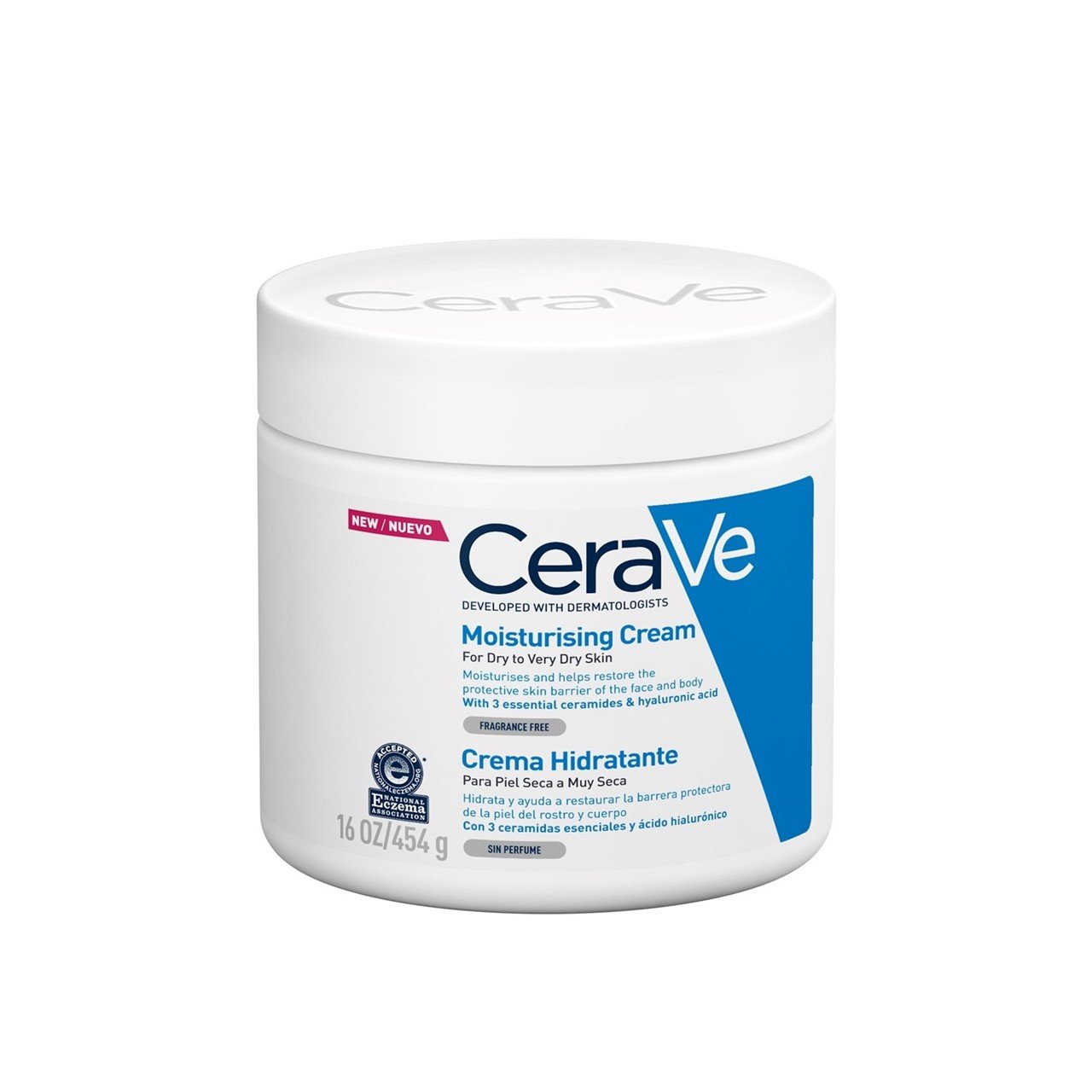

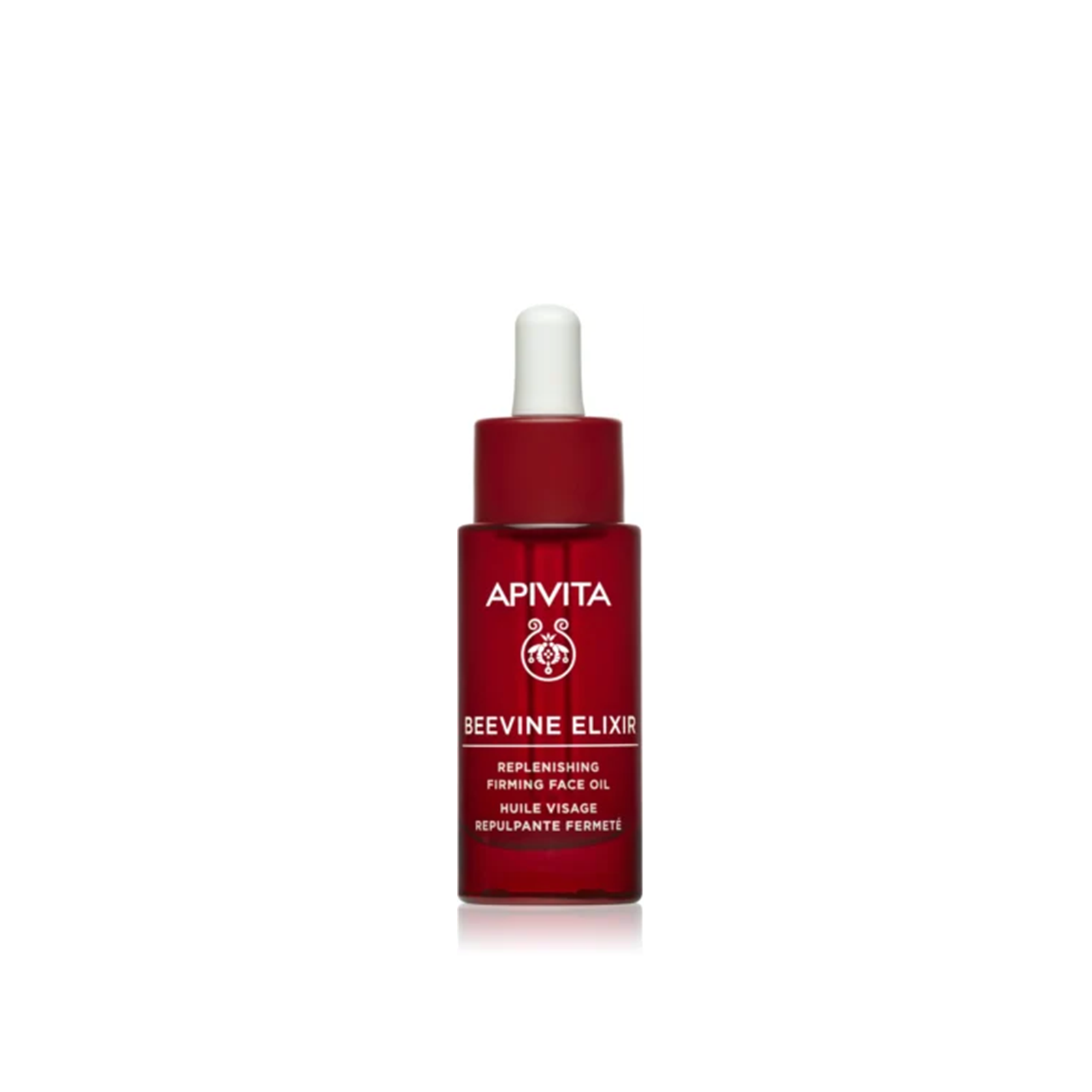
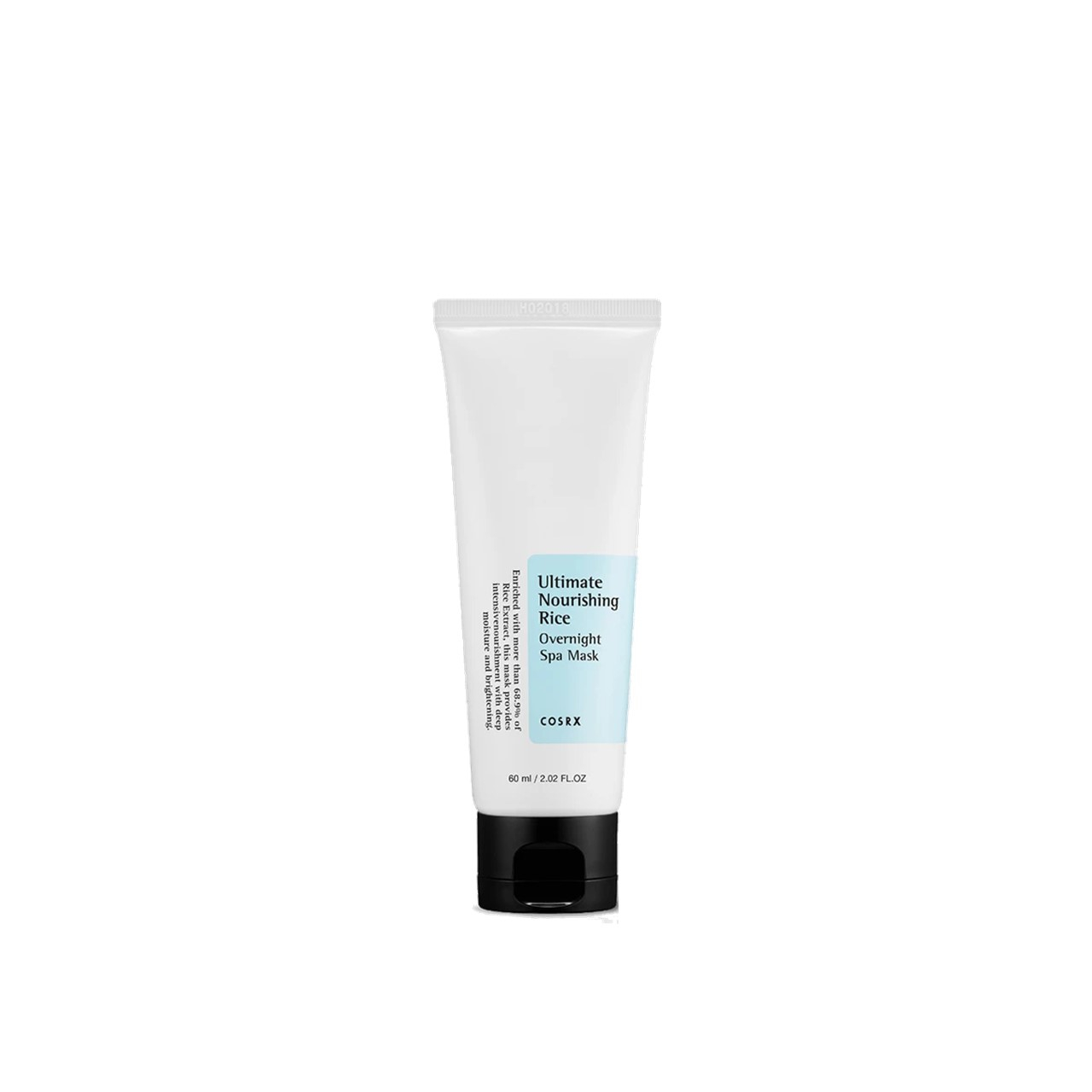


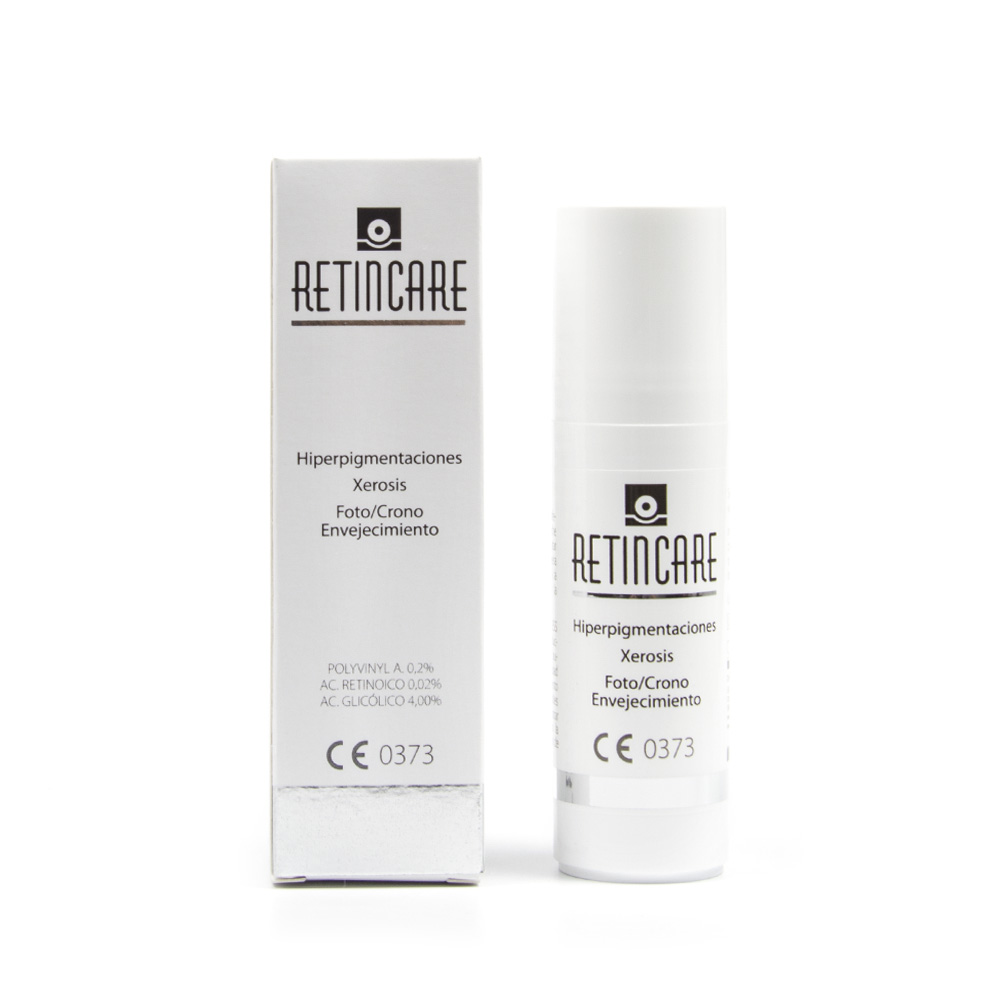
![Sensilis Eternalist A.G.E. [Retinol] Intensive Antiaging Cream 50ml](https://static.beautytocare.com/media/catalog/product//s/e/sensilis-eternalist-a-g-e-retinol-intensive-antiaging-cream-50ml.jpg)
